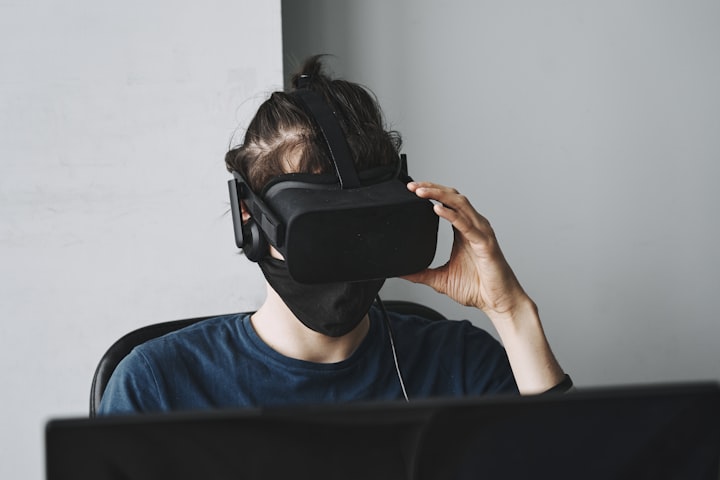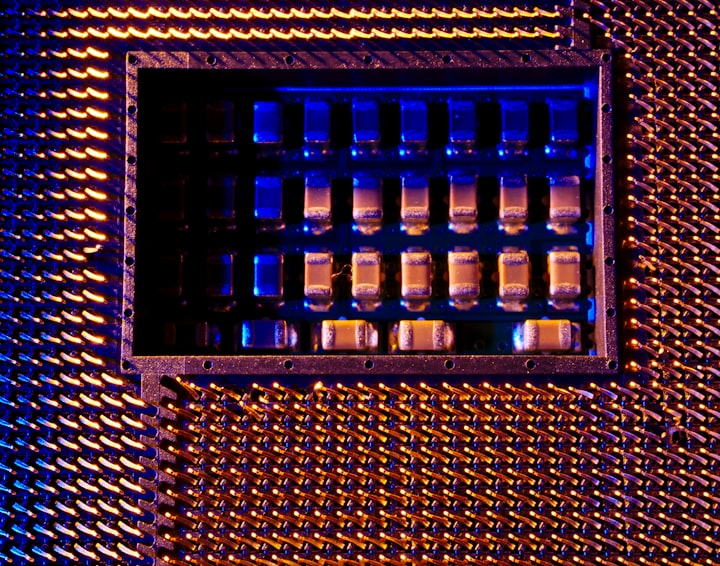
John McCarthy, the father of artificial intelligence, explained that artificial intelligence, or artificial intelligence, is the science of intelligent design, where ingenuity means the ability to do the work one can do. Although in-depth learning AI uses neural networks to replicate human behavior such as reading and meditation, it does not yet have as complex intellectual abilities as the emotional intelligence or instinct that humans have. It remains to be seen whether AI will reach a point where it no longer needs human intervention and learns to redefine and improve itself.
Machine Learning Superintelligence One of the most frightening things about AI is that one day it will be stronger and smarter than humans, and our brains will not be able to keep up with its progress. People are very wary of artificial intelligence (AI) and its impact on the world. These fears include robots robberies, senseless surveillance systems, and even clever machines that twist and destroy humanity completely. According to some critics, the development of artificial intelligence represents the problems that exist in humanity in the future.
Oxford professor Nick Bostrom, for example, has expressed concern about what could happen if the capacity of self-study machines were too fast - what he called an increase in intelligence. However, fears that AI will improve awareness and uproot humanity are based on misconceptions about what AI is, notes Weinberger. Artificial intelligence has a special structure: it is easy to imagine fictional science situations in which artificial intelligence controls all machines on Earth and enslaves its sad people. This does not happen, but there is a real concern that AI will find the ability to do certain tasks without us humans having a real idea of how we do it.
One of the best ways to handle this fear is to make sure that human wisdom and decision-making are still the most important part of any process - in some cases the last part - even if done with artificial intelligence. In other words, this fear can be alleviated by ensuring that people maintain adequate control over decisions and decisions, even if practical wisdom plays a key role in these processes and decisions. You incorporate practical wisdom into your decision-making process, where you can make recommendations to human experts, but the expert will make the final decision and explain why he or she made that decision.
Yes, it is the machines that see, do, and hopefully choose actions that achieve their goals. Anything else you learn, like deep reading, etc., is just a special situation.
So this is a meaningless program, and it is a completely man-made program, so no training was required. On the other hand, you have self-driving cars when making decisions is very difficult, when a lot of training was needed to achieve this quality of decision making.
From the types of AI, we can see that the standard definition of AI and Super AI are very common to measure that a machine maintains that level of intelligence. So there has been very little progress in what you might call real-life wisdom. It is not clear why you need a [real living concept] without exploring the area and other dangerous areas, so you want things to be able to take care of themselves, live independently and safely.
Those who are not of the world of artificial intelligence, or who do not work around it, have developed a negative view of artificial intelligence, which forms an important part of society. Coming back to this particular case of artificial intelligence, it is clear that the fear of many people is due to a misunderstanding of the concept and what it means. Proponents of her case have been working to make the actual transcript of this statement available online. In recent years, as computer scientists have advanced the boundaries of artificial intelligence, modern technology and science have warned of impending doom, even suggesting that artificial intelligence could kill people. the human race.
At this point, there is no doubt that the concerns expressed by Elon Musk, Stephen Hawking, Bill Gates, Bill Joy, and others about the dangers of artificial intelligence running are real. In addition, there is no doubt that new organizations aimed at reducing injury - OpenAI, Future Life Institute, Machine Intelligence Institute, etc. - are important developments. No healthy person or organization wants to see, let alone meet, AI works. Algorithms should not free individuals and organizations from responsibility for the results; human guidance and management are needed, and this is a good example of another kind of fear - that we no longer need it - it can be an exaggeration.
So instead of trading in fear or burying our heads in the sand, we need to work on how to build trust in AI as a community. Demonstrating how AI can be used to produce profitable results is key to building trust. In addition, governments and international organizations must develop policies to reduce fear. Let more women and other non-representative groups lead in AI.
It is clear that people have fears and anxieties about AI, and as researchers, it is our responsibility to recognize these fears and provide different perspectives and solutions. I am optimistic about the future of artificial intelligence, which will allow people and machinery to work together to improve our lives.





Comments
There are no comments for this story
Be the first to respond and start the conversation.